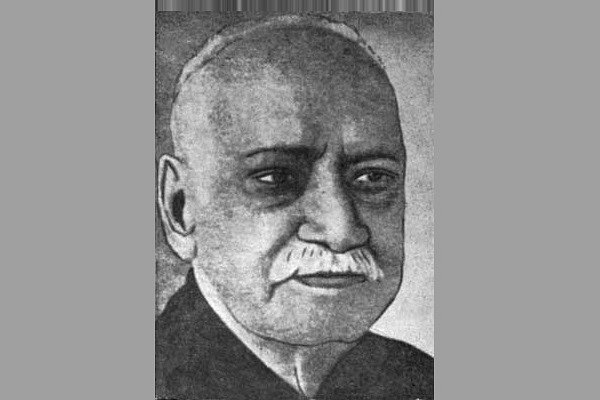Culture
What Influenced Jadunath Sarkar's Idea Of India?

Administrative and cultural uniformity was given to nearly the whole of this continent of a country; the artery roads were made safe for the trader and the traveler; the economic resources of the land were developed; and a profitable intercourse was opened with the outer world. With peace, wealth and enlightened Court patronage, came a new cultivation of the Indian mind and advance of Indian literature, painting, architecture and handicrafts, which raised this land once again to the front rank of the civilised world. Even the formation of an Indian nation did not seem an impossible dream.
Aurangzeb did not attempt such an ideal [of nation-making], even though his subjects formed a very composite population…and he had no European rivals hungrily watching to destroy his kingdom. On the contrary, he deliberately undid the beginnings of…a national and rational policy which Akbar had set on foot.” Akbar had successfully converted “a military monarchy into a national state”—not constitutionally but in effect—by remaining open both to talents of the Hindu Rajputs and to the “right type of recruits” from among the fortune seekers who came from Bukhara and Khurasan, Iran and Arabia.
To the Rajputs and Bundelas, who had so long been the staunchest supports of the Mughal cause, the Mahratta hero [Shivaji] appeared as their heaven-born deliverer, — a Rama slaying Ravana or a Krishna slaying Kansa. This feeling breathes in every line of the Hindu poet Bhushan’s numberless odes on Shivaji.
He really voices in smooth and vigorous numbers the unspoken thoughts of the millions of Hindus all over India. At the end of the 17th century they had come to regard the Mughal Government as Satanic and refused to co-operate.
The profuse bounty of Nature to this country, its temperate climate which reduces human want, and the abstemious habits of its people, all combined to increase the national income of India in the sixteenth and seventeenth centuries…The wealth of Ind[ia] was the wonder and envy of other nations. But the Mughal court and Mughal aristocracy had not the sense to insure this wealth by spending a sufficient portion of it on efficient national defence and the improvement of people’s intellect and character by a wise system of public education.
Introducing ElectionsHQ + 50 Ground Reports Project
The 2024 elections might seem easy to guess, but there are some important questions that shouldn't be missed.
Do freebies still sway voters? Do people prioritise infrastructure when voting? How will Punjab vote?
The answers to these questions provide great insights into where we, as a country, are headed in the years to come.
Swarajya is starting a project with an aim to do 50 solid ground stories and a smart commentary service on WhatsApp, a one-of-a-kind. We'd love your support during this election season.
Click below to contribute.
Latest